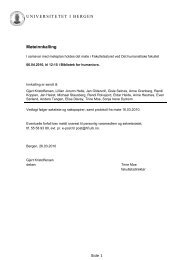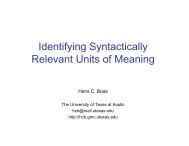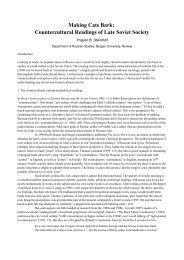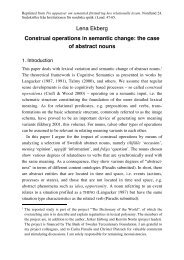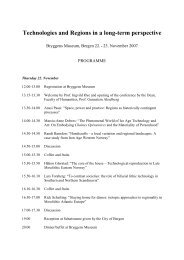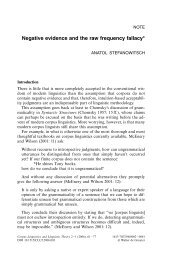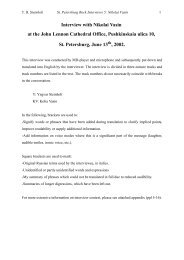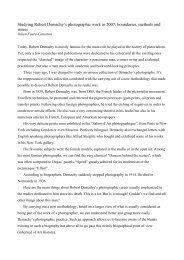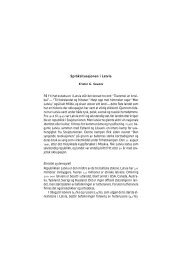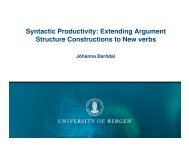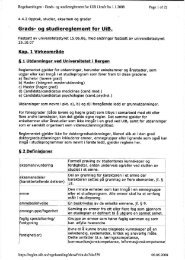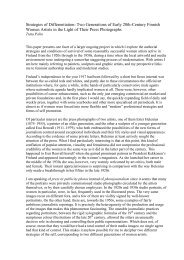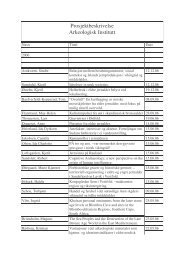THE BOOK OF POEMS IN TWENTIETH-CENTURY ... - TopReferat
THE BOOK OF POEMS IN TWENTIETH-CENTURY ... - TopReferat
THE BOOK OF POEMS IN TWENTIETH-CENTURY ... - TopReferat
Create successful ePaper yourself
Turn your PDF publications into a flip-book with our unique Google optimized e-Paper software.
I crumble my bread and recall<br />
My past births.<br />
God forbid as a bird. The whistle of a wing<br />
Is enough to recall a night spent on a wave,<br />
The pain in my beak and how the blood flowed<br />
With my jumps. I don't need the bird life!<br />
I was a pastor and a wizard,<br />
I wore the uniform of various armies.<br />
I was a gypsy…I don't need any more!<br />
The thread on the beads of Karma has rotted.<br />
Just as Christ is reborn and crucified each year, so Lavinia has experienced multiple<br />
incarnations. Now, however, she desires to be released from this endless cycle. Her<br />
plaintive cry, "Больше и не надо," evokes Christ's plea in the Garden of Gethsemane:<br />
"My Father, if it be possible, let this cup pass from me" (Matthew 26:39). Lavinia is<br />
searching for the final resurrection—one which will put an end to her own, and by<br />
association Christ's, suffering, as well as break the thread of Karma. She seeks both<br />
eternal life in the Christian sense and the timeless Buddhist state of nirvana—her final<br />
resurrection is ecumenism exemplified.<br />
Lavinia again links Buddhist concepts to the Christian holy week in the seventyfifth<br />
poem, "Сатори." The poem's title is a Zen Buddhist term for a flash of sudden<br />
awareness. 243<br />
Here, the personal epiphany appears linked to the story of Christ's<br />
crucifixion. In the poem's fifth line, Lavinia marks the setting: Пятница. Солнце.<br />
Дождь. (Friday. Sun. Rain.) Placed only three poems from the end of a book subtitled<br />
"From Christmas to Easter" and following soon after "В трапезной," the poem seems to<br />
refer to Good Friday. The contrast of sun and rain also supports this possibility, recalling<br />
the shift in weather which took place during Christ's crucifixion. 244<br />
243 Shvarts provides a footnote to the poem with the definition, "внезапное просветление (япон.)."<br />
244 According to three of the four gospel accounts, darkness fell in the middle of the day for three hours.<br />
See Matthew 27:45, Mark 15:33, Luke 23:44-45.<br />
181



